Cannot let tariffs overwhelm US-India relationship: Diplomat Nicholas Burns
He criticized the steep tariff hikes under the Trump 2.0 administration, calling them “counterproductive among friends.”
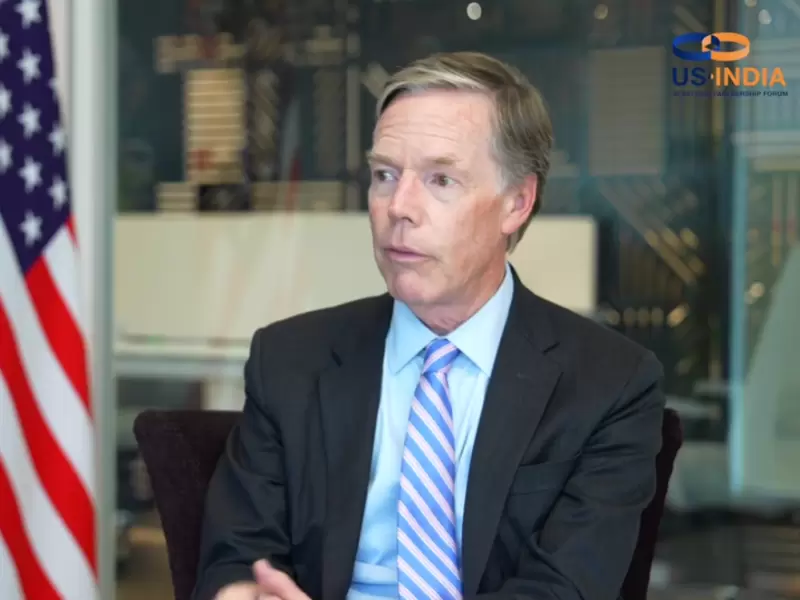 Nicholas Burns / Screengrab from YouTube/ USISPF
Nicholas Burns / Screengrab from YouTube/ USISPF
American diplomat and former U.S. Ambassador to China, Nicholas Burns has urged Washington and New Delhi to look beyond tariff tensions and renew their strategic partnership as the two countries mark 20 years since the landmark U.S.-India Civil Nuclear Agreement.
Speaking at the USISPF Conversations podcast in New Delhi, hosted by the U.S.-India Strategic Partnership Forum (USISPF) and moderated by Akshobh Giridharadas, Burns—who served as U.S. Under Secretary of State for Political Affairs and was the lead negotiator of the 2005 deal—reflected on what he called “an epochal moment” in bilateral ties.
Also Read: Richard Verma joins USISPF board of directors
“We should not have 50 percent tariffs on India,” Burns cautioned. “And we should not let any disagreement on trade overwhelm the rest of the relationship. India is a valued strategic partner—we’ve got to nurture this relationship and move it forward.”
Sanctions to strategic partnership
“The summer of 2005 was the turning point,” Burns said, recalling his work with Indian counterparts to finalize the civil nuclear agreement under the George W. Bush administration. “That was the moment when we understood that we had to be strategic partners with each other — as democracies that wanted a stable world order.”
He described the deal as “the key moment that removed sanctions on India, normalized our economic relationship, and put us on the path to a strategic partnership.” It reversed decades of mistrust following U.S. sanctions after India’s 1974 nuclear tests and, as Burns put it, “overcame the hesitation of history.”
Burns said he made eight trips to India during the negotiations, working closely with then Foreign Secretaries Shyam Saran and Shivshankar Menon, and with S. Jaishankar, now India’s External Affairs Minister. “You could see even then how smart and capable he was — and why he would eventually become foreign minister,” he said.
Tariff tensions
Turning to the present, Burns expressed concern that current trade frictions risk undermining two decades of strategic progress. “We’re at a challenging time now in the relationship because we do have this major disagreement over tariffs,” he said. “Tariffs are self-defeating. They act as a tax on citizens and consumers, and they depress trade at a time when we want to expand global commerce.”
Referring to the steep tariff hikes under the Trump 2.0 administration, Burns said that “while every trade agreement requires compromise, we should not be seeing 50 percent tariffs on Indian goods.” He added that disputes between allies must be handled privately: “There’s a golden rule in diplomacy — with friends and partners, you argue respectfully.”
Geopolitical strategy
Burns said India remains central to U.S. strategic priorities in the Indo-Pacific, particularly amid China’s growing assertiveness. “We need the United States to be a good friend and a good ally of India,” he said. “We want peace with China, but we also want to limit the expansion of Chinese power in the world.”
He also urged both sides to manage differences over the Ukraine war and India’s energy ties with Russia. “Russia’s invasion of Ukraine violates the most sacred rule in international politics — you cannot cross someone else’s border and take over their country,” he said, while acknowledging that India has “legitimate concerns” that must be addressed “in a professional, diplomatic way.”
‘Our destinies are intertwined’
Burns, a veteran diplomat who served six presidents and nine secretaries of state, called the U.S.-India partnership “one of the most important achievements of American foreign policy in the last 25 years.”
“The rise of India as a strategic power is in the interest of the United States,” he said. “Our destinies as countries are to be together. We’re not allies—we have different traditions and we don’t always agree—but our vital national interests are intertwined.”
He urged both governments to stay focused on the broader picture. “India is a valued strategic partner,” Burns said. “We cannot let this relationship succumb to disagreements over tariffs that are not as critical as the strategic interests we share in preserving peace in the Indo-Pacific.”
“Every Republican and Democratic administration has strengthened this relationship,” he said. “Preserving it—and being true to it—is as important for the United States as it is for India.”
ADVERTISEMENT
ADVERTISEMENT
E Paper
Video



1749497506.png) Malvika Choudhary
Malvika Choudhary
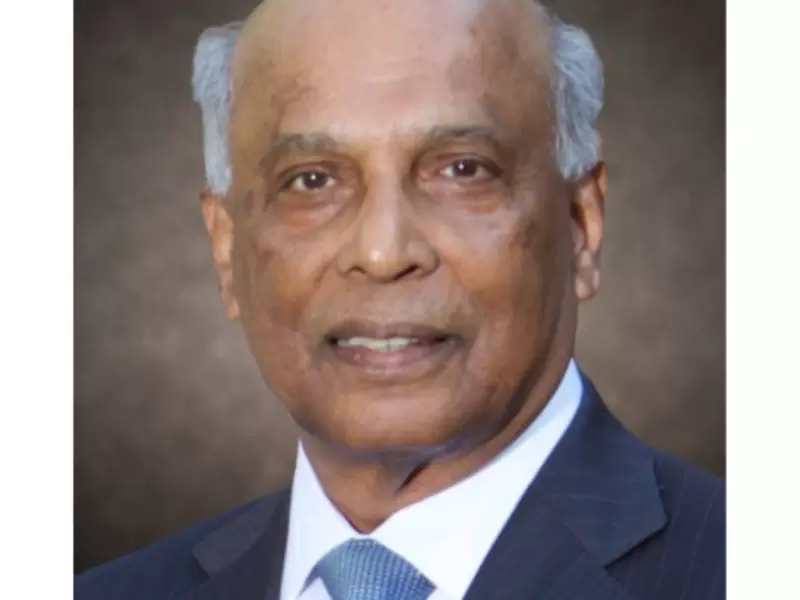
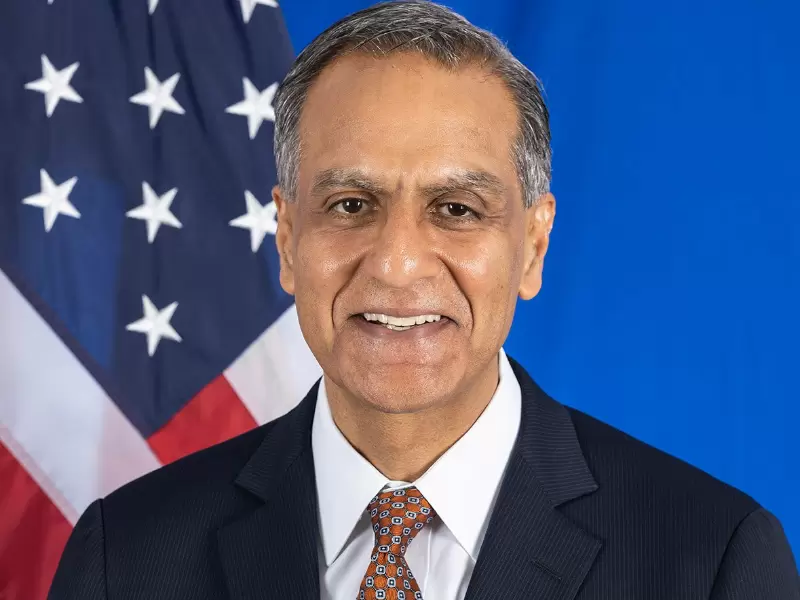
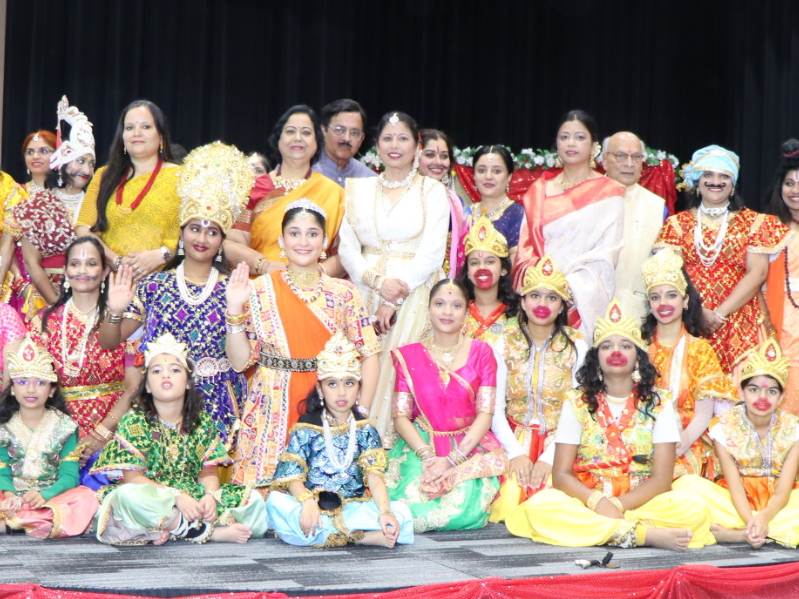
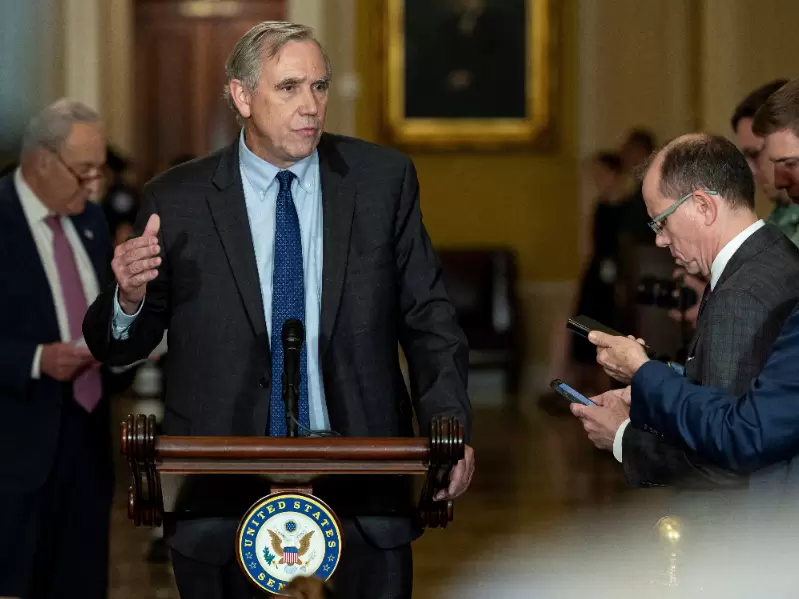
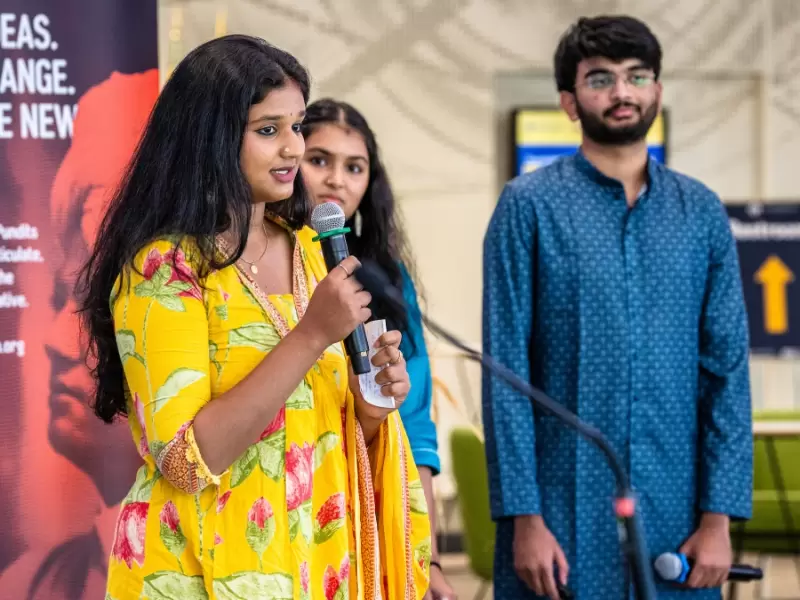


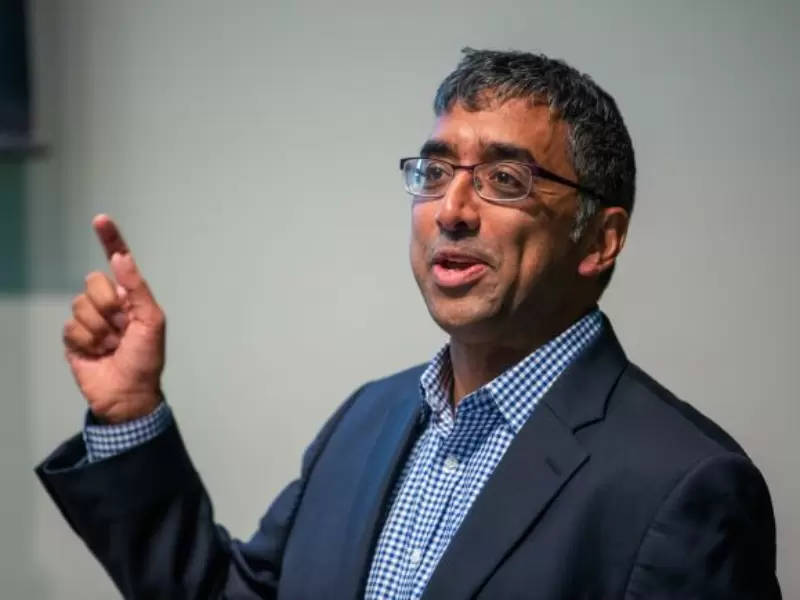

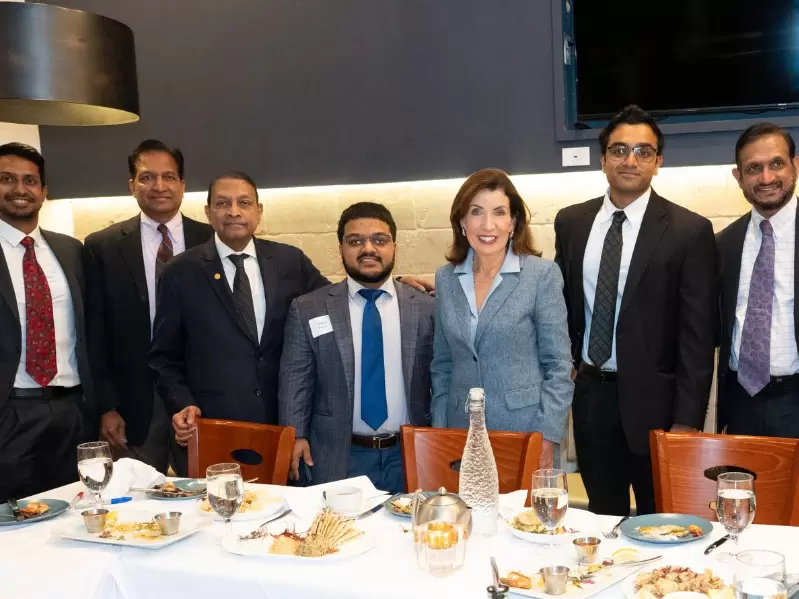



Comments
Start the conversation
Become a member of New India Abroad to start commenting.
Sign Up Now
Already have an account? Login